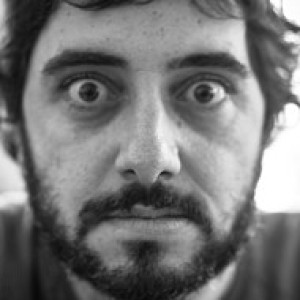Playing pool
Why has it taken you twenty-five years to come to this conclusion?
I don't believe that it is a new conclusion. I think it's a little easier to utter these things at the end of one's career than at the beginning, because of economics - maintaining one's family. Considerations of this sort urge discretion early in one's life. One's life is controlled by certain kinds of behaviour - not to work against the grain with too much eagerness. I do feel an artificiality in education and I'm not going to single out photography, because that's not only unfair, it's untrue. Higher education as it now stands in America is about 60 percent off the point. And I think it would be far better if people were taught how to avoid the cheater, how to avoid the rotten manufacturer, the bad merchant, how to avoid the charlatan in medicine, how to avoid the food that kills rather than nourishes. If you could learn that kind of thing, it would, in the long run, be better by far than learning about the humanities as they are now constructed. I don't want this to sound as though I'm against the humanities. I think they are tremendously important, but I think they should come after you know how much DDT you're being assigned unwittingly by agriculturalists and chemists and how much you can tolerate. Because a dead humanist is a very useless humanist! A lot of education today is time-occupying rather than life-enhancing, and time- occupying is a very bad reason to spend all that money for students or for parents.
Henry Holmes Smith
Dialogue with Photography, Paul Hill & Thomas Cooper
- 1
- 0
- Sony DSC-RX100
- f/2.8
- 13mm
- 640

Comments
Sign in or get an account to comment.


